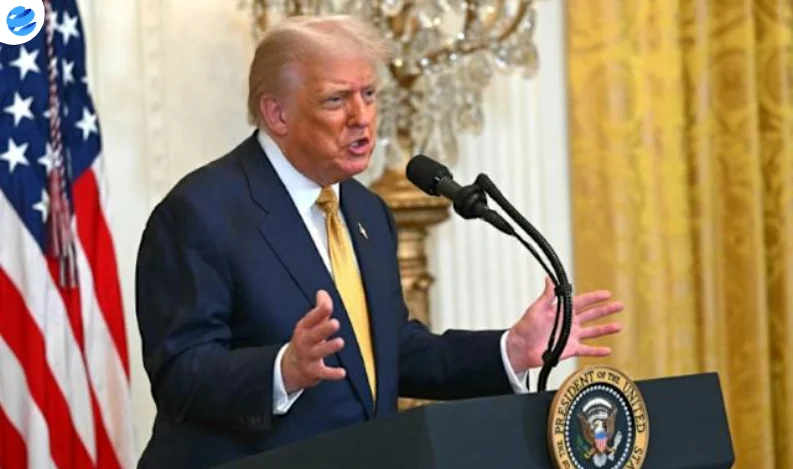Washington, D.C.: President Donald Trump on Tuesday announced what he described as a “massive” trade deal with Japan, setting reciprocal tariffs at 15% and opening the door to expanded trade in automobiles, agricultural goods, and energy. The agreement was revealed just weeks after Trump’s return to the White House for a second term.
In a post on Truth Social, Trump called the deal “perhaps the largest Deal ever made,” stating that Japan would invest $550 billion into the United States. According to the president, the U.S. will “receive 90% of the profits” from this investment and the resulting trade.
The trade agreement covers a wide range of sectors. Trump emphasized that Japan would “open their country to trade including cars and trucks, rice, and certain other agricultural products, and other things.” He also stated the deal would generate “hundreds of thousands of jobs” for American workers.
Japanese Prime Minister Shigeru Ishiba confirmed that tariffs on auto exports to the U.S. would be reduced to 15% from the current 25%. Auto exports are a vital part of Japan’s economy, accounting for 28.3% of all shipments in 2024, based on customs data.
“This level of tariff relief would have seemed impossible a year ago,” said Brian Jacobsen, Chief Economist at Annex Wealth Management. “Now, markets are viewing it as a stabilizing development.”
The market response in Japan was immediate and dramatic. Shares in major automotive companies surged, with Toyota climbing over 11%, Honda up more than 8%, Mazda surging 17%, and Mitsubishi Motors gaining 13%. The Nikkei 225 index jumped by more than 3%, reflecting investor optimism over renewed trade stability with the U.S.
Japan’s chief trade negotiator, Ryosei Akazawa, posted “#Mission Accomplished” on X shortly after the announcement, thanking all parties involved. The deal comes at a politically sensitive time for Prime Minister Ishiba, whose party recently lost its upper house majority in national elections. Reports in Japanese media suggest Ishiba may announce his resignation in August.
HSBC noted earlier this week that a favorable trade agreement could help Ishiba survive internal party challenges and avoid a potential no-confidence vote.
Beyond trade in goods, Trump also indicated that a supplemental agreement involving liquefied natural gas was near completion, and hinted at a forthcoming European trade deal expected to be announced “tomorrow.”
Analysts believe the Japan deal could mark a turning point in the administration’s broader trade agenda, particularly as it aims to pair tariff realignment with major foreign investments in strategic U.S. industries.
Jeremy Schwartz, Global CIO at WisdomTree, told CNBC that Trump’s approach is focused on redirecting global capital into the U.S., citing recent announcements of a potential $500 billion investment by SoftBank, OpenAI, and Oracle in domestic artificial intelligence infrastructure.
“The deal with Japan offers some of the best terms the U.S. has achieved from a major trading partner,” Schwartz said.























